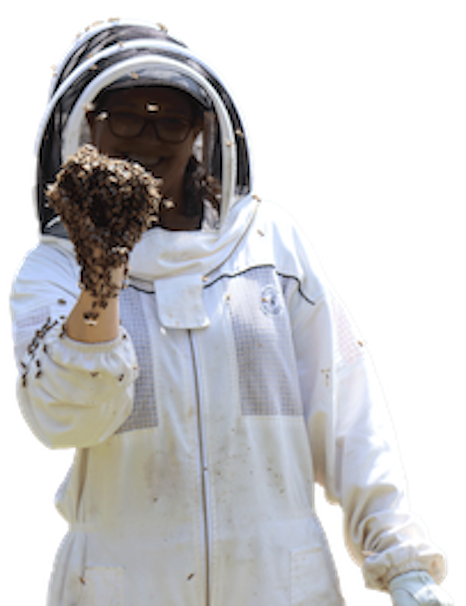learn how to become a better beekeeper
St. Johns County Beekeepers Association
For the past fourteen years The St. Johns County Beekeepers Association has been providing education and teaching best management practices for local backyard beekeepers. Our mission is to educate and inform local residents of St. Johns County of the many benefits of honey bees, and their importance to our diverse eco-system.
